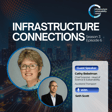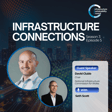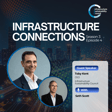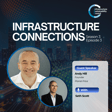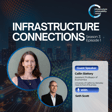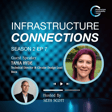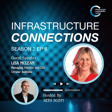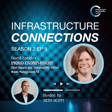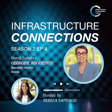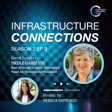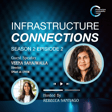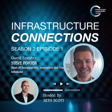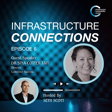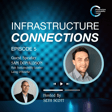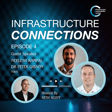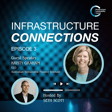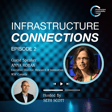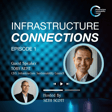
S3E2 - Institute for Sustainable Infrastructure w/ Anthony Kane
Host Seth Scott interviews Anthony Kane, President and CEO of Assistant Professor of Institute for Sustainable Infrastructure. Anthony Kane is President & CEO of the Institute for Sustainable Infrastructure (ISI), a Washington, DC-based nonprofit which facilitates the Envision Sustainable Infrastructure Framework. Anthony also serves as a commissioner on the DC Commission on Climate Change and Resiliency. Envision is a rating system very similar to the IS Rating, and we often collaborate. IN this episode, we're exploring how the Envision sustainability rating works in countries as diverse as the US, Canada, Columbia, Guatemala, China, and even Ethiopia.
👉 We'd love to hear your feedback, share your thoughts on the comment section below.
👉 Like & Subscribe so you won't miss out on our upcoming episodes!
👉 Keep up to date with the Infrastructure Sustainability Council:
Website: https://www.iscouncil.org/
LinkedIn: / infrastructure-sustainability-council
#podcast #infrastructure #sustainability #buildingtomorrow
